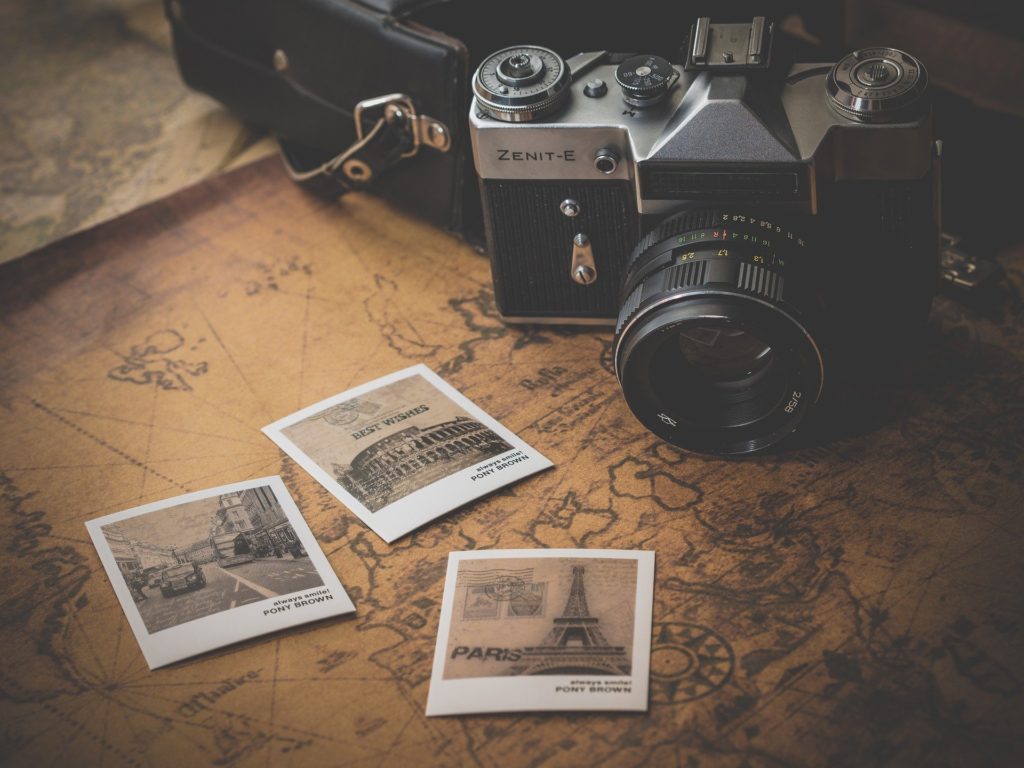
While you may think that traveling during the COVID-19 pandemic is perfectly fine, you’d be endangering yourself and others if you decide to travel.
Coronavirus is such an infectious virus that we must do whatever we can to limit it from spreading. Travel provides an ideal situation for COVID-19 to spread between travelers that will then take it to their various destinations.
Unfortunately, many people have failed to take this pandemic seriously. Reports of COVID-19 deaths stemming from cruise ships illustrate that it is not safe to travel regardless of how you do it.
To help you understand why you should be refraining from vacation, we’ll explain the risks that you’ll face by traveling below.
More Opportunities to Get Sick
First, traveling means more opportunities to get sick.
When you travel, you expose yourself to more environments than you would by staying home. This leads to an increased risk of contracting COVID-19 from other people that are in the areas you travel to.
Another way that you can contract the novel coronavirus is by being around infected surfaces. Even though COVID-19 travels from person to person, the particles can also travel from person to surface. Making matters worse, the infected particles can survive on surfaces for a few days.
This increases your chance of getting sick because it creates another opportunity to unknowingly contract the virus. Frequenting public spaces makes it more likely that you will get sick as well because you end up going to more areas that may be contaminated.
Staying at home keeps you in one area, which lowers your exposure to contaminated surfaces and infected people. To minimize the likelihood of getting sick with COVID-19, practice social distancing, and limit how frequently you travel.
Infection Isn’t Obvious
Another complication is that infection from COVID-19 isn’t always obvious. Unlike other illnesses, the symptoms of the novel coronavirus do not present themselves right away.
In some cases, people who have contracted coronavirus don’t ever show any symptoms. This means that you could be sick for weeks and not have a clue. Not only is this hazardous for you, but also to anyone that you come into contact with.
When you travel while unknowingly infected with COVID-19, you may expose anyone you interact with. The opposite is true, too. You might not notice when other people are sick, so you could be standing right next to someone with COVID-19 and not know it.
There are ways to look out for symptoms of COVID-19. However, if the symptoms are dormant, then there’s no way of knowing who is sick and who is healthy.
With this in mind, traveling exposes you to an unknown risk because you cannot definitively say who is and isn’t sick.
Preventative Measure Are Unreliable
You should also understand that preventative measures are unreliable.
You may think that wearing a mask when in public will fully protect you. Even though this is a smart measure to take, masks are not guaranteed to prevent you from getting coronavirus.
Masks are a preventative measure, but they can easily be thwarted by COVID-19 particles. Additionally, other tactics like frequently washing your hands and social distancing are not assured to prevent infection either.
It becomes an ethical dilemma when you choose to put yourself and others at risk of infection by traveling. Regardless of how many protective measures you take, there is always a chance that you or someone nearby will catch COVID-19 by being near one another.
The only way to 100% avoid getting sick is by staying home. When you stay home, the virus cannot infect you because it does not yet exist in that environment. Make sure not to invite people over unless you have been self-isolating in the same space to avoid contamination.
New Exposure Cannot Be Contained
Finally, traveling should be avoided because any new exposure cannot be effectively contained.
When you travel internationally, you are typically put into quarantine for two weeks before being able to explore. Despite self-quarantining efforts, we cannot be sure that an infected person is free of the virus after two weeks of isolation.
This is important because the spread of COVID-19 must be limited to prevent new areas from being affected. Traveling to an uncontaminated location is dangerous regardless of self-
quarantining.
The goal is to minimize the spread so that scientists can develop a vaccine in time to limit the number of fatalities. Currently, there is no cure for the novel coronavirus.
For now, you must do what you can to limit the reach of COVID-19. You can do this by refusing to travel and staying safe in the comfort of your home.
Closing Thoughts
As the coronavirus pandemic continues to grow, you must do whatever you can to help limit its spread. This means refraining from travel because traveling greatly increases both your and other people’s risk of getting sick.
A few reasons why traveling right now is so dangerous include that traveling creates more opportunities to get sick, infection isn’t always obvious, preventative measures are unreliable, and new exposure cannot be effectively contained.
With this in mind, nobody should be going on vacation or traveling unless it is mandatory. Everyone must work together to help fight the COVID-19 pandemic and that means staying at.
home!
